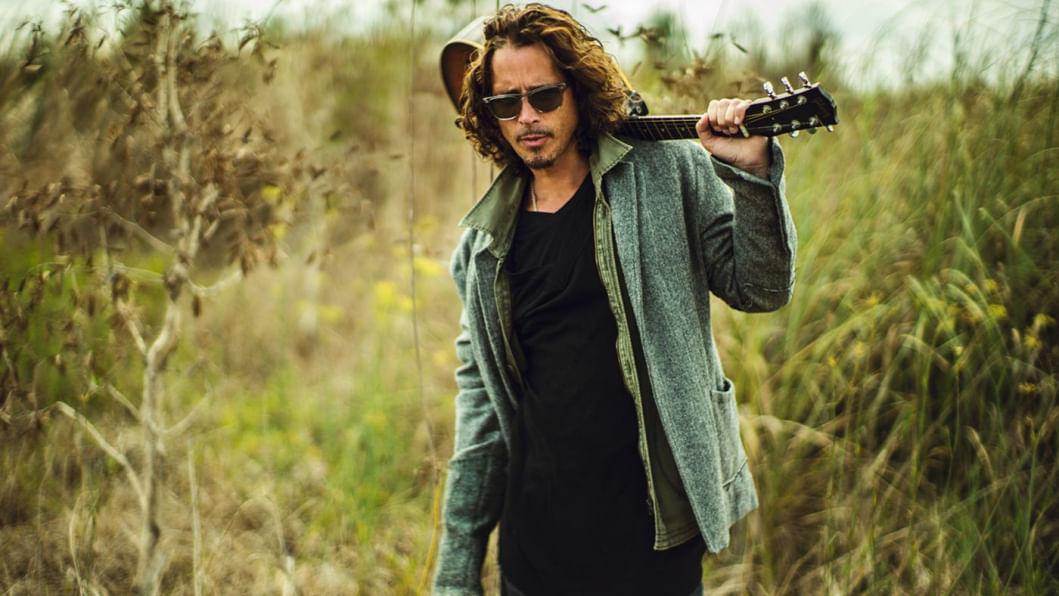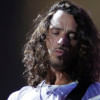Chris Cornell [1964-2017): A Tribute

In the mid-70s in a basement of his neighbour’s house in Seattle, Washington, a nine-year old Christohper John Boyle finds a big stash of Beatles records, and is engrossed by the music. In the next forty years, that kid became one of rock music’s most recognizable voices, fronting bands like Soundgarden and later Audioslave, winning Grammys and being named Rolling Stone’s 9th best lead singer of all time.
That man, Chris Cornell, died in Detroit yesterday at the age of 52, hours after performing a show in Detroit. The cause of death was not immediately known.
A loner since his early days, Cornell became severely depressed in his teen years and resorted to rock music to deal with the illness. With his teenage bandmate from the Seattle-based cover band The Shemps, Cornell founded Soundgarden in 1984. Along with Alice in Chains, Nirvana and Pearl Jam, Soundgarden became one of the most successful acts to emerge from the Seattle Grunge scene, their debut album “Ultramega OK” earning a Grammy nod for Best Metal Performance in 1990. He also formed the supergroup Temple of the Dog in 1990 for a one-off album as a tribute to his friend and lead singer of the band Mother Love Bone. Members of that band, Stone Gossard, Jeff Ament, Mike McCready, Matt Cameron and Eddie Vedder (who appeared as a guest vocal) would eventually go on to form another iconic grunge rock band, Pearl Jam.
But it was with their 1994 album “Superunknown”, featuring songs like “Black Hole Sun” and “Spoonman”, that they gained international acclaim, and breaking out of the heavy metal identity that they had accepted previously. The album was termed a “hard-rock milestone” in an Entertainment Weekly review, and both the aforementioned songs won at the 1995 Grammys.
After Soundgarden dismembered in 1997 over creative differences between Cornell and Kim Thayil, Cornell worked solo for a while, releasing “Euphoria Morning”, before forming Audioslave in 2001 with members of Rage Against The Machine (after their vocal Zach de la Rocha left the band).The band achieved success with albums “Audioslave”, “Out of Exile” and “Revelations”.
Cornell wrote all the songs for Audioslave, and it was also at this time his battle with alcoholism and drug use peaked, forcing him to rehabilitation and eventually sobriety. In 2007, Cornell left Audioslave as Rage Against reunited with la Rocha. Audioslave did play a reunion show as recently as this year, though, at the Anti-Inaugural Ball protesting Donald Trump’s inauguration as the US president. In the meanwhile, Cornell also recorded “You Know My Name”, the theme song for the 2006 James Bond film “Casino Royale” that was also nominated for a Grammy and won a number of awards.
Since 2007, Cornell pursued a solo career. It was in this period that he released albums “Carry On” (2007), “Scream” (2009) with hip-hop producer TImbaland, “Songbook” (2011) featuring acoustic versions of songs of his entire career that he performed in his Songbook tour and “Higher Truth” (2015). He also played with Linkin Park and Aerosmith on tour in that time. Throughout his career, he also collaborated with numerous musicians of repute, Alice Cooper, Slash and Carlos Santana to name a few.
Cornell’s musical style was also, at least for most parts of his career, unique and mold-breaking. The use of non-standard chord progressions, open and major-only chords and multiple key changes can be heard in his most-known compositions like “Black Hole Sun”, “Pretty Noose” and “Like A Stone”). In one of Soundgarden’s earlier songs, “Rusty Cage”, from their third album “Badmotorfinger”, the guitar is tuned way off with a wah pedal used in the low position as a filter, creating a unique sound. The rhythmic and melodic scales also go through unconventional changes.
But Cornell will probably be most recognized to the general audience for his voice. A baritone vocal with a near-four octave vocal range, his voice generates grit and power on one side, and soul and feel in equal proportions in the other. His combination of rasp and power makes his voices instantly recognizable, even when he is trying out different vocal techniques – from soft falsettos to full-blast screams, or even blues or neo-soul.
The late ‘80s and early ‘90s was a transforming time for rock ‘n’ roll, and Chris Cornell is one of the giants on whose shoulders that era stands on. His influence is worldwide among musicians, spanning genres and musical styles, and his music will live on as long as rock ‘n’ roll does. But he was only 52, and been sober for a decade and a half. It is quite safe to say he had a lot of music left to give to the world, and that is where his fans’ mourning will really be.

 For all latest news, follow The Daily Star's Google News channel.
For all latest news, follow The Daily Star's Google News channel. 




Comments